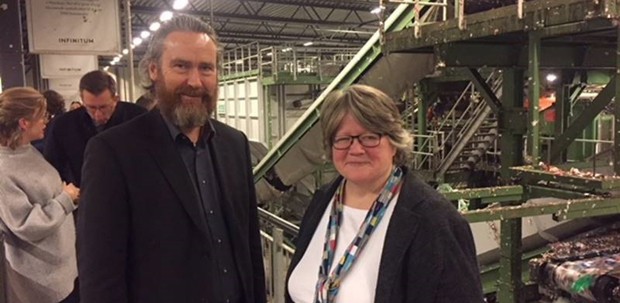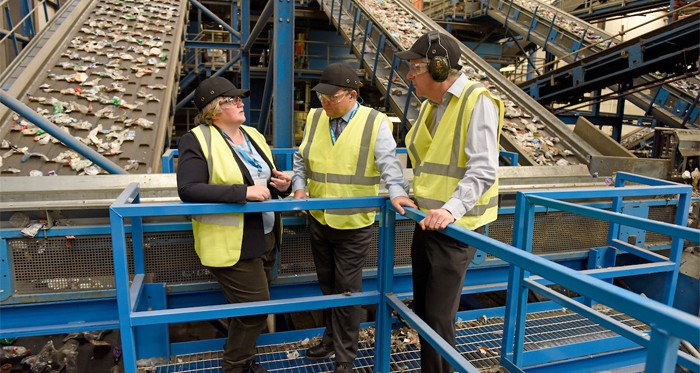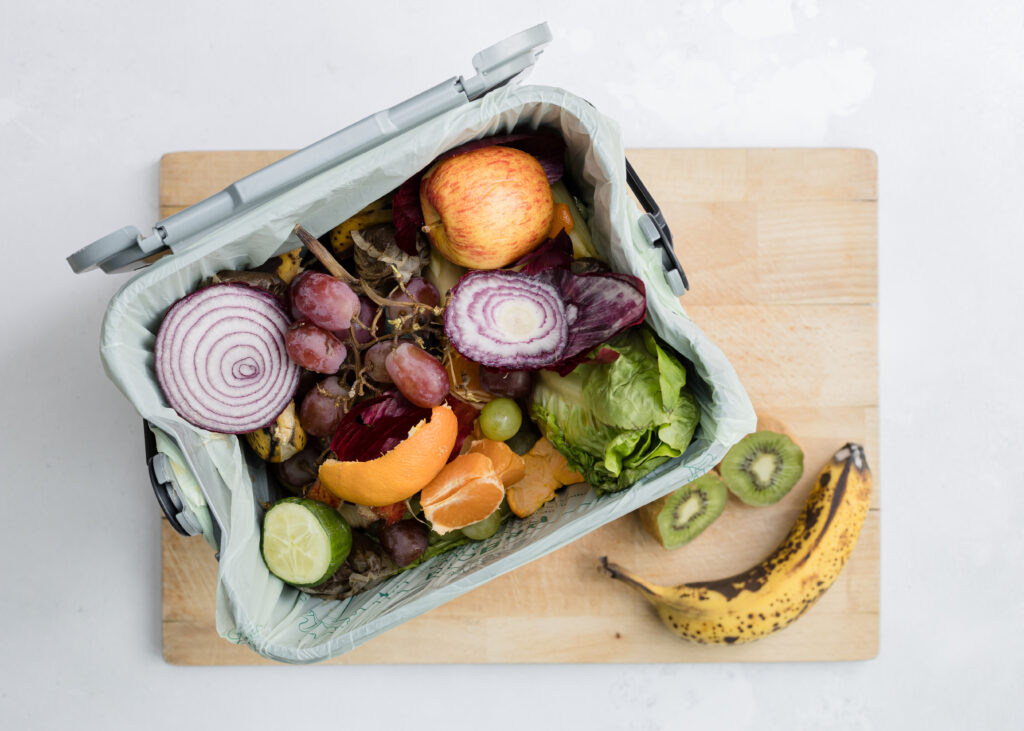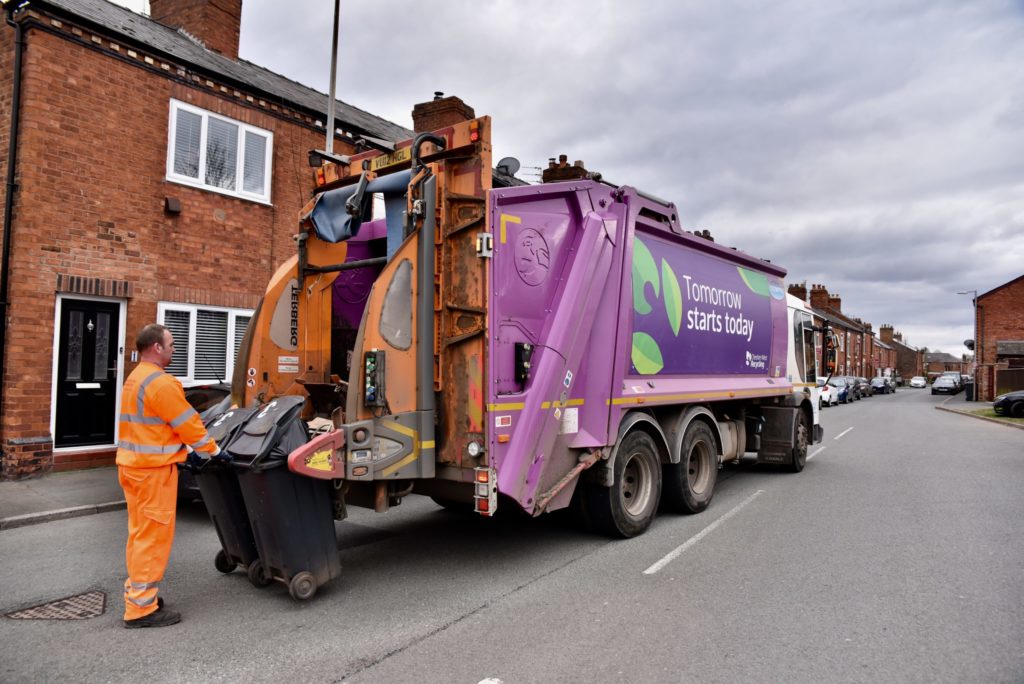Some 40 countries and 21 US states currently have a DRS. Joshua Doherty takes a look at some already in operation and finds that Scandinavia could produce a model for the UK to follow.
Norway
The company behind Norway’s DRS which has seen a 96% recycling rate of PET plastic bottles has backed the UK to be able to deliver a similar scheme, which the Norwegians claim is “the world’s best deposit system”.

This endorsement for the UK comes after recycling minister Therese Coffey visited a recycling centre run by Infinitum, the non-profit company which runs the system in Norway, last month (December 2017) with a UK delegation team. This was part of a Scandinavian tour by the minister who also visited Denmark and Sweden.
During her Norwegian visit, Dr Coffey received an introduction to the country’s deposit system, and toured the Fetsund recycling and production facility. She also visited a shop and was shown how a DRS return vending machine worked.
Scotland, Belgium, India and China are among many other countries to have delegations which have visited the site in Norway to see how the system works. It is understood that Welsh delegates have also made contact with a view to visiting as well.
‘Quickly’
Speaking with letsrecycle.com, Kjell Olav Maldum, managing director at Infinitum, said a similar scheme in England wouldn’t be a problem.
“In the past, people have been used to returning beer and milk bottles. I would have no doubt that people could adapt to such a system quickly, and I am convinced it would work from day one. There would not be a massive cost to the tax payer, as a shop would invest in the scheme and get paid for the handling, for smaller retailers a manual collection would be organised, for larger ones it is an investment.”
Dr Coffey said that the visit had been “an excellent opportunity to learn how the deposit scheme works in Norway and to meet the people who ensure that recycling works in practice.”
Agenda
With plastics on the agenda, calls have been growing for a DRS in the UK, and a 2017 survey by YouGov showed that 73% of respondents to a survey were in favour of introducing a DRS in the UK.
“The visit was an excellent opportunity to learn how the deposit scheme works in Norway”
Therese Coffey
Defra
Typically, countries with a DRS for plastic bottles achieve recycling rates of approximately 80 – 95%.
Norway is often seen as a world leader when it comes to DRS, and the latest statistics show it has a 96% recycling rate of plastic bottles since its introduction in 1999. The UK has less than 60%.
In Norway, a deposit of 1 Krone (approximately 10p) for small plastic bottles and 2.5 Krone for larger bottles is paid by the consumer when purchasing a re-usable plastic bottle. This is then taken to a vending machine where it is refunded. Machines can be found at larger retailers where ‘tickets’ are issues which can be cashed in at the till for either credits or cash. Smaller retailers can arrange a manual collection.
Norway was one of the DRS systems flagged up by a Defra representative at last year’s RWM event. Then, Frances Page Pimenta explained how the Department was looking globally at potential DRS options including Scandinavia and South Australia.
The Norwegian system works in such a way that the excise tax decreases as the returns increases, meaning that the current 96% per cent returns for cans translates into a 96% discount on the excise tax. This allows drink products to be sold at lower prices.
Australia
In South Australia, a DRS was introduced under the Environment Protection Act in 1977. A refund of 10C (approximately 6p) per plastic bottle or aluminium can is now in place across South Australia
This is only for containers marked as eligible for refund and does not include wine & spirits bottles, milk cartons, or concentrated/and or vegetable juice intended to be diluted before consumption. The overall return rate is approximately 80%.

In New South Wales, a DRS named “return and earn” was introduced last month. A 10c deposit was also placed on all cans and plastic bottles which was refundable through a machine.
Netherlands
Since 2005, PET plastic bottles greater than 0.5L are subject to a €0.25 deposit but only for soft drinks and water. All other beverage types are excluded. In 2014, the Netherlands’ deposit system recovered 95% of the containers covered by the program. Not all countries follow the same pattern however, Iceland has had a DRS since 1989 and all ready-to-drink beverages and alcohol is included. Only milk products and juice extracts are excluded. A total of 16 ISK (approximately 11p) is charged.
Connecticut
Across the US, various schemes are in place with differing amounts charged. In Connecticut, the total return rate is just 50%, lower than that of the UK which has no scheme. There, a 0.05c charge is added to beer, malt, carbonated soft drinks, and noncarbonated beverages in plastic, metal, or glass containers.
Consultation
In October last year Defra issued a call for evidence for a DRS in the UK and mentioned both South Australia and Denmark, which has a similar system to Norway, as examples of successful schemes.
Environment Secretary Michael Gove asked organisations and individuals to share their views with the government on the advantages and disadvantages of different types of reward and return schemes for plastic, metal and glass drinks containers.
Mr Gove commented: “This approach has already seen great success in other countries such as Denmark in curbing plastic pollution and we want to hear people’s ideas on how we could make it work in England.”











Subscribe for free